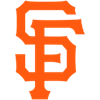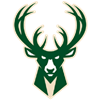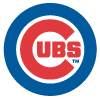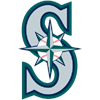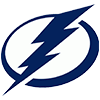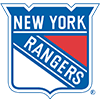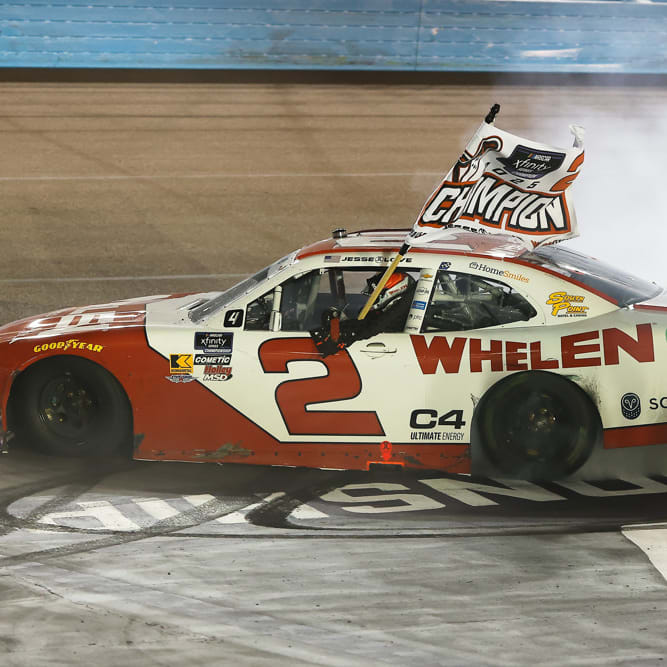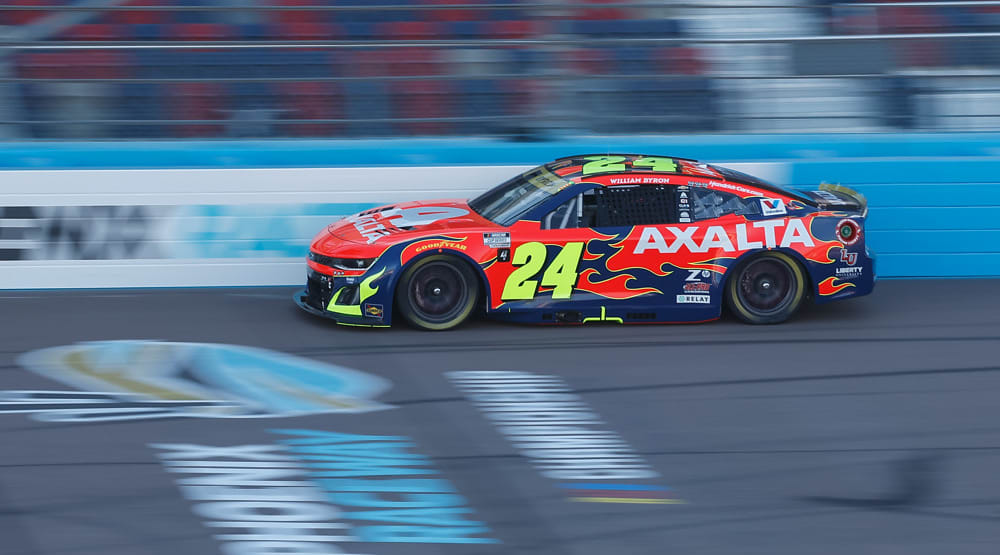Before we can fill out our cheat sheets or prepare our draft strategies for the 2022 NASCAR season, there are many changes that we need to take into account to be prepared for any fantasy racing league. We're going to take an in-depth look at some of these changes that we'll see and some that aren't so apparent when the engines fire up at Daytona in February.
Driver Changes
Thanks to the usual silly season movement and free-agent driver signings, several drivers moved to new teams in 2022. A handful of teams shut down and some are starting new. A few teams merged or contracted to stay competitive. Also, a handful of driver/team swaps took place; among the most notable are the Austin Cindric and Brad Keselowski team swaps, closure of Chip Ganassi Racing and the rookie driver promotions.
| Driver | New Team | Old Team |
|---|---|---|
| Ross Chastain | No. 1 Trackhouse Racing | No. 42 Chip Ganassi Racing |
| Austin Cindric | No. 2 Team Penske Racing | No. 22 Xfinity Series |
| Brad Keselowski | No. 6 Roush Fenway Keselowski | No. 2 Team Penske Racing |
| Harrison Burton | No. 21 Wood Brothers Racing | No. 20 Xfinity Series |
| Justin Haley | No. 31 Kaulig Racing | No. 77 Spire Motorsports |
| Todd Gilliland | No. 38 Front Row Motorsports | No. 38 Truck Series |
| Ty Dillon | No. 42 Petty GMS Motorsports | No. 96 Gaunt Brothers Racing |
| Kurt Busch | No. 45 23XI Racing | No. 1 Chip Ganassi Racing |
| TBD | No. 77 Spire Motorsports | TBD |
2022 Schedule Changes
The schedule has a few changes
Before we can fill out our cheat sheets or prepare our draft strategies for the 2022 NASCAR season, there are many changes that we need to take into account to be prepared for any fantasy racing league. We're going to take an in-depth look at some of these changes that we'll see and some that aren't so apparent when the engines fire up at Daytona in February.
Driver Changes
Thanks to the usual silly season movement and free-agent driver signings, several drivers moved to new teams in 2022. A handful of teams shut down and some are starting new. A few teams merged or contracted to stay competitive. Also, a handful of driver/team swaps took place; among the most notable are the Austin Cindric and Brad Keselowski team swaps, closure of Chip Ganassi Racing and the rookie driver promotions.
| Driver | New Team | Old Team |
|---|---|---|
| Ross Chastain | No. 1 Trackhouse Racing | No. 42 Chip Ganassi Racing |
| Austin Cindric | No. 2 Team Penske Racing | No. 22 Xfinity Series |
| Brad Keselowski | No. 6 Roush Fenway Keselowski | No. 2 Team Penske Racing |
| Harrison Burton | No. 21 Wood Brothers Racing | No. 20 Xfinity Series |
| Justin Haley | No. 31 Kaulig Racing | No. 77 Spire Motorsports |
| Todd Gilliland | No. 38 Front Row Motorsports | No. 38 Truck Series |
| Ty Dillon | No. 42 Petty GMS Motorsports | No. 96 Gaunt Brothers Racing |
| Kurt Busch | No. 45 23XI Racing | No. 1 Chip Ganassi Racing |
| TBD | No. 77 Spire Motorsports | TBD |
2022 Schedule Changes
The schedule has a few changes from last season's slate. We welcome back Auto Club Speedway for one event after being dropped last season due to pandemic concerns. New to the schedule will be World Wide Technology Raceway just outside of St. Louis. The track has played host to ARCA, Trucks and Xfinity Series racing for years but will finally get its first Cup Series date in 2022.
Also new to the schedule is the change of venue for the preseason exhibition race known as the Busch Light Clash. Since its inception in 1979, the Clash has been held at Daytona International Speedway. This race kicks off Speedweeks at Daytona and signals the beginning of the NASCAR season. However, this season NASCAR has moved this exhibition to the Los Angeles Coliseum and renamed the event the Busch Light Clash at the Coliseum. A quarter-mile asphalt oval was constructed around the stadium's football field will play host to the season-opening race.
The February-to-November schedule features 36 races, plus exhibition events, with only Father's Day weekend off.
Richard Petty Motorsports / GMS Racing Merger
GMS Racing has been working toward creating a Cup Series team for quite some time, and its dream was realized late last season. To help facilitate that move, GMS bought a controlling stake in the Richard Petty Motorsports organization. The move in effect is a merger between the two companies. They'll field two cars under the new Petty GMS Motorsports banner and work out of the current GMS shops in North Carolina. Erik Jones will stay in the team's No. 43 Chevrolet entry and they will add Ty Dillon to the team's lineup in the No. 42 Chevrolet.
This should be a winning move for all parties involved. Petty needed cash and an infusion of energy and it will get that with the highly successful Xfinity Series team, GMS Racing. Dillon and Jones are veteran drivers and good hands to put behind the wheel of the team's two Chevrolets. This will keep Petty's name alive and well in NASCAR and will prove to be a great vehicle to get GMS Racing involved in NASCAR's top division in a competitive manner.
Practice & Qualifying Procedures for 2022
After nearly two seasons of no practice or qualifying, NASCAR is set to resume both in 2022. The new knockout style qualifying format will narrow the field through two rounds of qualifying and will generally pit the Top-5 fastest against one another in a final round to award the pole position. Some of the other details will vary from track to track depending on track configuration. The new qualifying format will emulate the same knockout style, multi-round formats that you see in other racing series such as IndyCar and Formula 1. The change will bring a new wrinkle to the level of competition and strategy in NASCAR.
New Next-Gen Car for 2022
In 2019 NASCAR announced the development of the next generation stock car. The Gen-7 car has been under development and testing ever since. The new design innovation will launch this season and be the car that carries NASCAR into the future of stock car racing. The Gen-7 car has several new features and design innovations. Here are just a few.
- Single lug nut (hub nut), 18-inch tires
- Independent rear suspension
- Clamp on refueling process, no more gas cans
- Five-speed, sequential transmission
- Spec chassis that every manufacturer uses
- Rack and pinion steering
- Split exhaust system
NASCAR's introduction of the Gen-7 car has impacts on several fronts. It's meant to be a cost savings for teams to operate. It's a gateway for more manufacturers to enter the sport due to the spec chassis for all manufacturers. The new car is also a stepping stone to hybrid/electric technology that could come into the sport at a later date. There are several differences between the new car and the old Gen-6 car that fans will notice right away, and some that are more subtle and difficult to detect. However, the competition should see an increase in parity across all manufacturers and encourage more manufacturers to join NASCAR due to the relative ease it will create for a monolithic platform.
Intermediate Oval Package
After some extensive December testing and wind tunnel time, NASCAR announced it will move to the higher horsepower/lower downforce package on intermediate ovals in the Next-Gen car. This is a change from last season's 550 hp/higher downforce package that was used on these 1.5-mile ovals.
NASCAR will use the 670 horsepower engine and a 4-inch rear spoiler for the cookie cutter tracks in 2022. These are the same components that were already in play on the short tracks and road courses, so they'll now be used for most of the schedule. Only the superspeedway ovals of Daytona and Talladega will employ the lower horsepower/higher downforce package. Complaints were heard from both the fans and drivers alike about last season's intermediate oval package, and the lack of passing. NASCAR believes this move will put the competition back into these races at intermediate ovals and make for better action.









